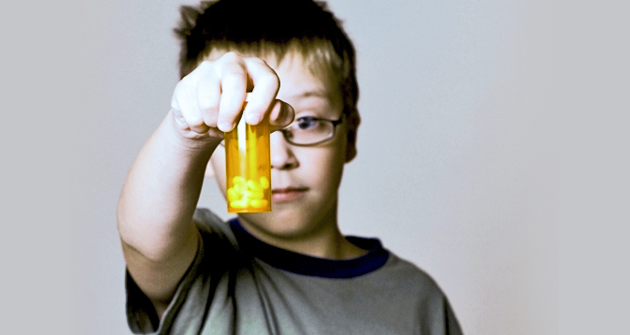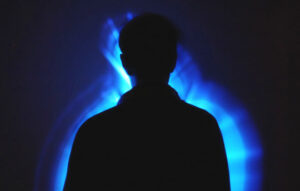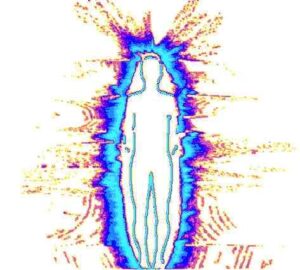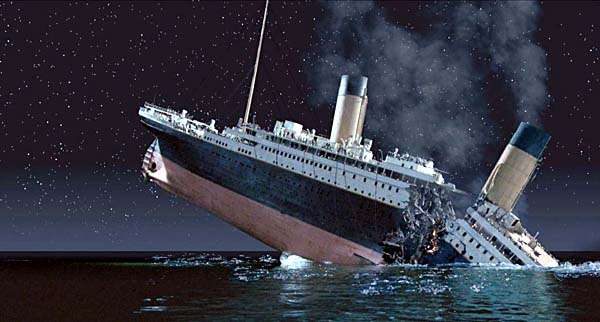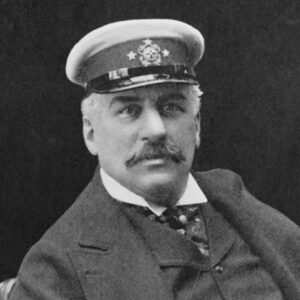New research published in the medical journal The Lancet has found that, well, antidepressants on children and adolescents don’t really work. Out of 14 different antidepressants, only one was really effective at relieving symptoms of depression.
The pill fluoxetine was the only pill that worked in comparison to a placebo pill. On the contrast, taking venlafaxine, also known as Effexor, was associated with more suicidal thoughts and actual attempts when in comparison to the placebo pill. 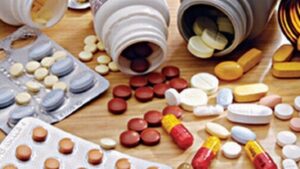
The researchers claim the study is the most comprehensive to date on this topic. Depressive disorder is becoming more common in children and adolescents, estimating about 3% of children age 6 to 12 and 6% of teenagers aged 13 to 18 have some sort of depression.
In 2014 alone, an estimated 2.8 million teenagers age 12 to 17, which is about 11% of the population of the US, had at least one major depressive episode. Researchers know that depression and young people is usually very different than depression in adults.
Adolescents have shown to be more irritable, have aggressive behavior and develop problems in school. Suicide attempts with younger people can be much more dramatic and leave a more prominent impact on their social functioning.
 This study was conducted in 34 different clinical trials which involved 5260 different participants. They tested the drugs efficiency, tolerability and acceptability.
This study was conducted in 34 different clinical trials which involved 5260 different participants. They tested the drugs efficiency, tolerability and acceptability.
The final results show that fluoxetine was really the only antidepressant where the benefits outweigh the risks. Most of the other concoction of pills creates a higher risk of suicidal thoughts or attempts.
So what’s the real issue here? Continue reading

